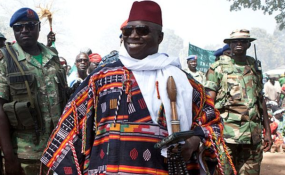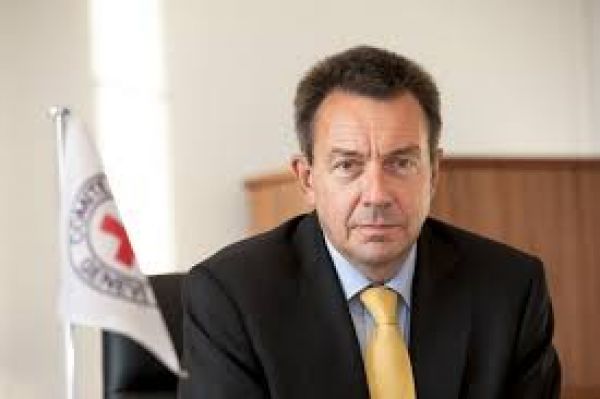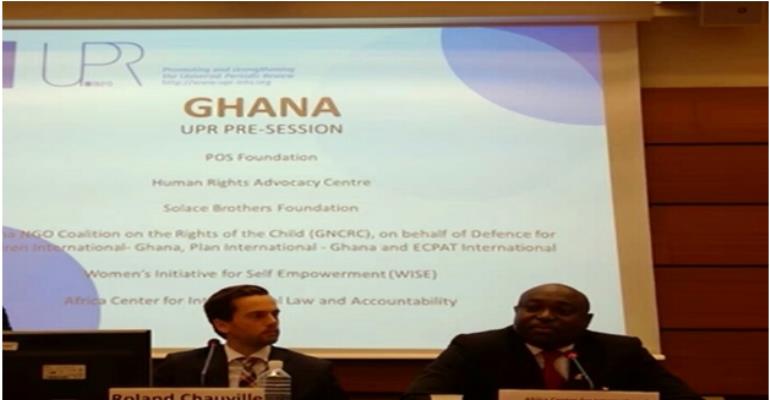 NCICC Blog
NCICC Blog
Central African Republic: Conditions in Central African Republic Continue…
The United Nations reports conditions in Central African Republic have continued to deteriorate since a serious outbreak of inter-communal violence in mid-May between the Muslim Seleka and largely Christian anti-Balaka armed groups.
Fighting in some parts of Central African Republic has become so intense that United Nations and private aid agencies have had to suspend their activities. The U.N. humanitarian coordinator in the C.A.R., Najat Rochdi, says security has become so bad in the East, agencies have had to change their mode of operations.

“We cannot do it anymore business as usual having bases, you know, here and there, but rather strengthening some hubs actually, around a number of cities where the security is much more important and from there fly in special emergency teams, a kind of surge teams,” she said.
Since January, the United Nations reports a 50 percent increase in the number of internally displaced people to 600,000. Refugee numbers also have increased to nearly one-half million.
Rochdi says humanitarian operations in the country are suffering from severe under-funding. She says only 39 percent of the nearly $500 million appeal for this year has been received. Because of the lack of funding, she says food rations have been cut in half.
“And that there are places where actually we have stopped the food distribution. We already had very serious worsening of the malnutrition situation. For example, unfortunately, in the southeast, we started already seeing children dying from severe malnutrition,” said Rochdi.
Humanitarian coordinator Rochdi says there are unconfirmed reports that 10 children have died from malnutrition-related causes in the town of Zemio in southeastern C.A.R. She says shelter and protection concerns also are growing.
Another cause for alarm is education. She says 400,000 children are not going to school. She warns nearly a whole generation of children who have lost out on education may not have a viable future. And this, she says, will spell disaster for the whole country.
Source: All African News




![Boko Haram [Photo Credit: Pearl News]](https://i0.wp.com/media.premiumtimesng.com/wp-content/files/2017/09/boko-haram2.jpg?fit=704%2C396&ssl=1)


